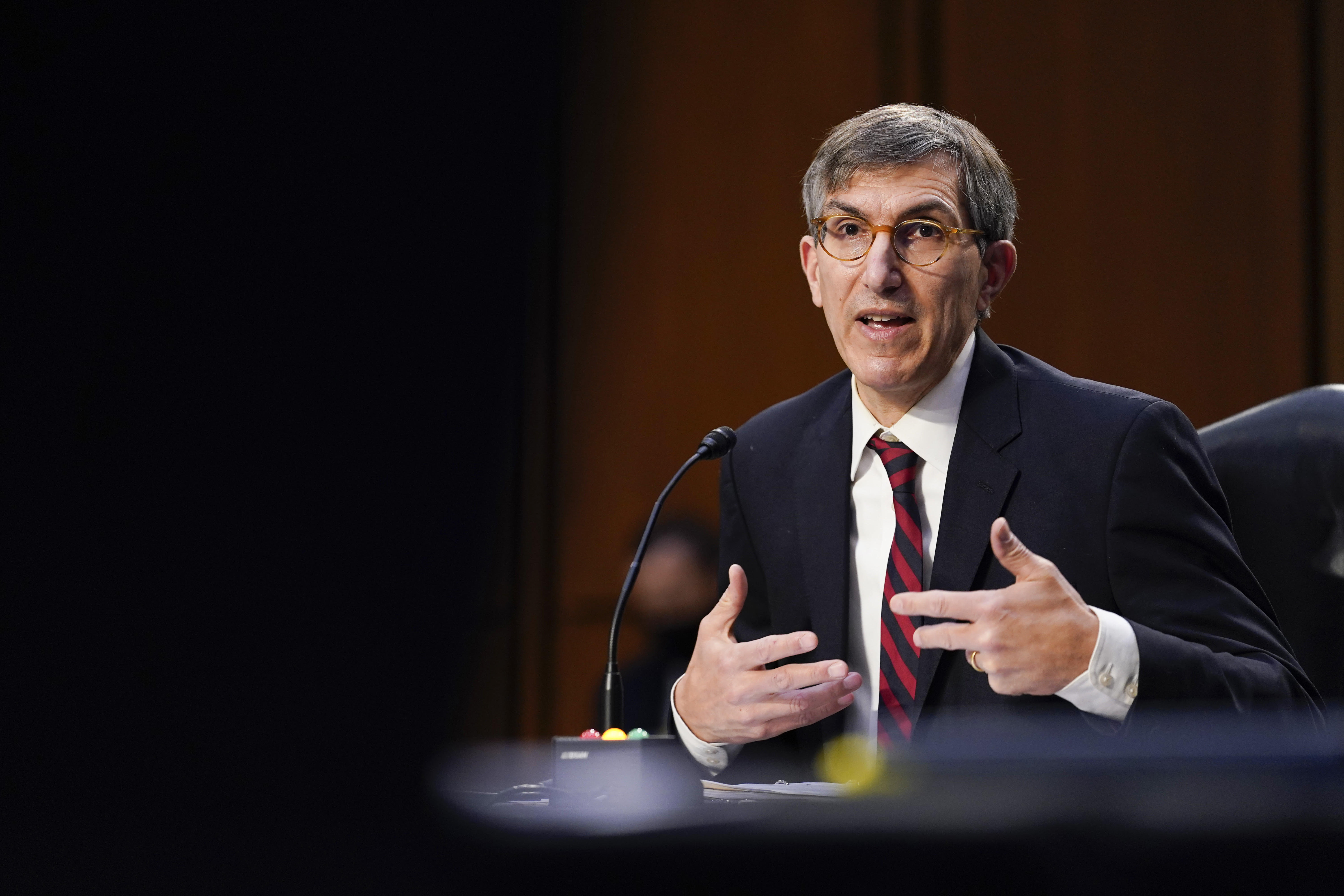Eli Lilly is expanding its direct-to-consumer telehealth platform, LillyDirect, to include care for Alzheimer’s disease. It’ll connect patients with Synapticure, another telehealth company, which will arrange for virtual diagnoses and care navigation — but not drug delivery, since treatments like Lilly’s new infusion drug Kisunla require in-person administration.
Lilly is framing this as an effort to streamline early diagnosis and access, which is especially important with all the new treatments that are available. At the same time, some lawmakers and experts worry that the growth of pharma and telehealth arrangements may lead to over-prescribing and inadequate care.
“I would not want to compromise the quality of care just to increase capacity,” one Alzheimer’s researcher told STAT. “I would want to make sure that whoever they’re connecting to truly is a dementia expert … and doesn’t have a conflict of interest in doing it.”
Read more.
New tests for Alzheimer’s and cancer get FDA’s ‘breakthrough’ status
STAT Breakthrough Device Tracker update includes blood tests for Alzheimer’s and an AI chatbot that can digest images and discuss the results with a doctor.
By Lizzy Lawrence
| Peter Marks, FDA’s top vaccine regulator, forced out |
| By Matthew Herper, Helen Branswell, Usha Lee McFarling, Lizzy Lawrence, and Jason Mast |

| Susan Walsh-Pool/Getty Images |
https://meet.google.com/call?authuser=0&hl=en-GB&mc=KAIwAZoBFDoScGludG9fZTM0Z2Nqa2J1MmFiogE7GgIQADICUAA6AhABSgQIARABWgIIAGoCCAFyAggBegIIAogBAJIBAhABmgEEGAEgAKIBAhAA4gECCACyAQcYAyAAKgEwwgECIAHYAQE&origin=https%3A%2F%2Fmail.google.com&iilm=1743435682397

 Could the probiotic kefir help fight Alzheimer’s disease? This fermented drink may improve cognitive functioning and memory in people with Alzheimer’s.
Could the probiotic kefir help fight Alzheimer’s disease? This fermented drink may improve cognitive functioning and memory in people with Alzheimer’s. Red wine or white? Which one is worse for cancer risk? White wine is linked to increased skin cancer risk in women compared to red varieties.
Red wine or white? Which one is worse for cancer risk? White wine is linked to increased skin cancer risk in women compared to red varieties. Can exercise help you live longer? Twin study says it may be complicated. Research challenges assumptions about physical activity’s effect on life span.
Can exercise help you live longer? Twin study says it may be complicated. Research challenges assumptions about physical activity’s effect on life span.
Leave a Reply